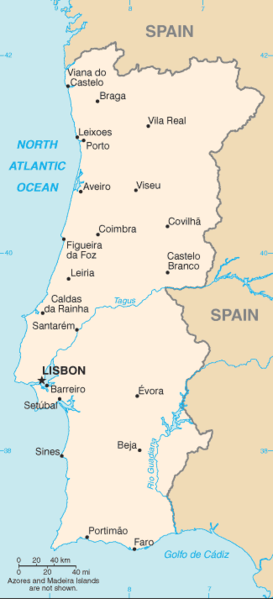By News Desk @bactiman63
In a follow-up on the Legionnaires’ disease outbreak in the North Region of Portugal, health authorities have declared the outbreak over, according to the European Centre for Disease Prevention and Control (ECDC).

The outbreak in Póvoa de Varzim, Vila do Conde and Matosinhos counties, which began in late October, resulted in a total of 88 cases, including 15 deaths.
The source of exposure has not been identified.
Legionella bacteria occur naturally in the environment. Water containing Legionella can be aerosolized through cooling towers, showers, hot tubs, and decorative fountains, and can cause Legionnaire’s disease, a serious lung infection (pneumonia) when inhaled. Legionnaires’ disease is not passed from person to person. Illnesses are most commonly associated with buildings or structures that have complex water systems like hotels, hospitals, long-term care facilities, and cruise ships. The bacteria can become a health concern when they grow and spread in human-made water systems, like hot tubs, cooling towers, hot water tanks, large plumbing systems, and decorative fountains. Most healthy people do not get Legionnaires’ disease after being exposed to Legionella bacteria.
- CBD can kill gonorrhea bacteria: University of Queensland study
- It’s not just COVID-19: Outbreaks of Lassa fever, plague and monkeypox
- COVID-19 vaccines in Florida: How hospitals manage administering to 65+ population
- Nigeria reports 2 Lassa fever deaths in first week of 2021
- The Philippines is now free of H5N6 avian influenza: OIE
- COVID-19 variant, B.1.1.7, now reported in 21 states
- NIH changes on use of ivermectin for treatment of COVID-19
- African swine fever reported in Leyte, Philippines

